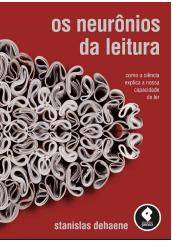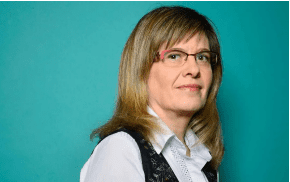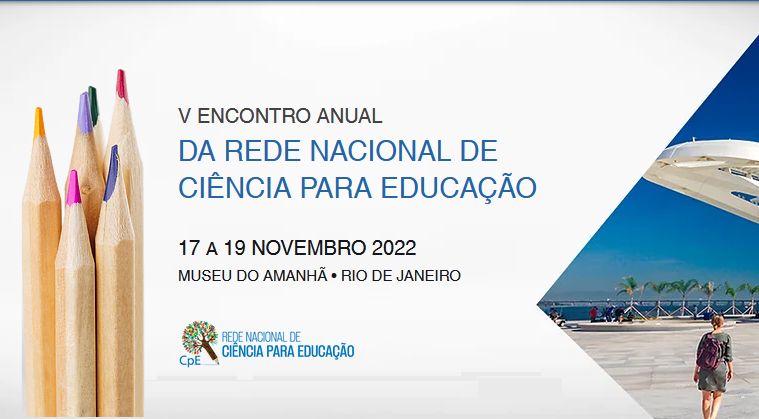Stanislas Dehaene is a pioneer in cognitive science, dedicated to understanding how the human mind acquires, uses, and imparts knowledge. Dehaene is in Brazil to participate in the fifth annual meeting of the National Network for Science for Education. The event, which takes place at the Museum of Tomorrow, in Rio de Janeiro, will open with the lecture “How We Learn: The Four Pillars of Effective Learning”.

are they:
attention: It is important for the teacher to capture the attention of the students, for example, by challenging them or simply changing the tone of voice, for example. It is also important to prioritize information and repeat those that are most important.
Active participation: There is no substitute for the intellectual effort to cement knowledge in our minds and memories. Active teaching methods contribute to learning
effective.
ResponseMistakes can be beneficial if we understand why we make them. Here lies the importance of feedback, answer and evaluation. The brain works by repetition: we make a prediction, and the error reveals a discrepancy between the prediction and the reality, which leads us to correct ourselves and make a new prediction. It is these successive modifications that reinforce learning.
mergeMemorizing new knowledge or acquiring new skills is just the first step: for learning to become sustainable, learning needs to be reinforced to allow for automatic, almost unconscious activity. The brain has to repeat the learning mechanisms many times in order for the learning to be truly complete.
take over. Sleep plays an essential role in this process. Gradually, the voltage is reduced
And it becomes routine. This frees up space in the brain to learn or do new things.

Stanislas Dehaene’s book, translated into Portuguese and published in Brazil by the publisher Pensa, has been identified as one of the greatest and most well-established publications of our time on research in the neurosciences applied to education. The Washington Post named it the best science book of the year.
The work is devoted to a subject considered essential to the development and formation of the individual: reading. “The act of reading seems so simple that we often forget how amazing the process can be.”

Writing: Why should learning to read be easy?
Ghislain, wife of Stanislas Dehaene, researcher at the French National Center for Scientific Research and director of the Developmental Neuroimaging Laboratory at Paris-Saclay University. In her work, she seeks to understand how complex cognitive functions emerge in the human brain, and to identify the rudimentary functions that a child’s brain has access to process words and other content early in life. In addition, she looks at how early biases in brain organization are shaped by the surrounding world and culture.
service
Fifth annual meeting of the National Network for Science for Education
Museum of Tomorrow, Rio de Janeiro
November 17-19, 2022
French neuroscientists available for interviews:
Stanislas Dehaene
Jessalyn Dehaene-Lamberts
Contact: Fernanda Isidoro (French Embassy) 61 99966-4771

“Wannabe internet buff. Future teen idol. Hardcore zombie guru. Gamer. Avid creator. Entrepreneur. Bacon ninja.”

